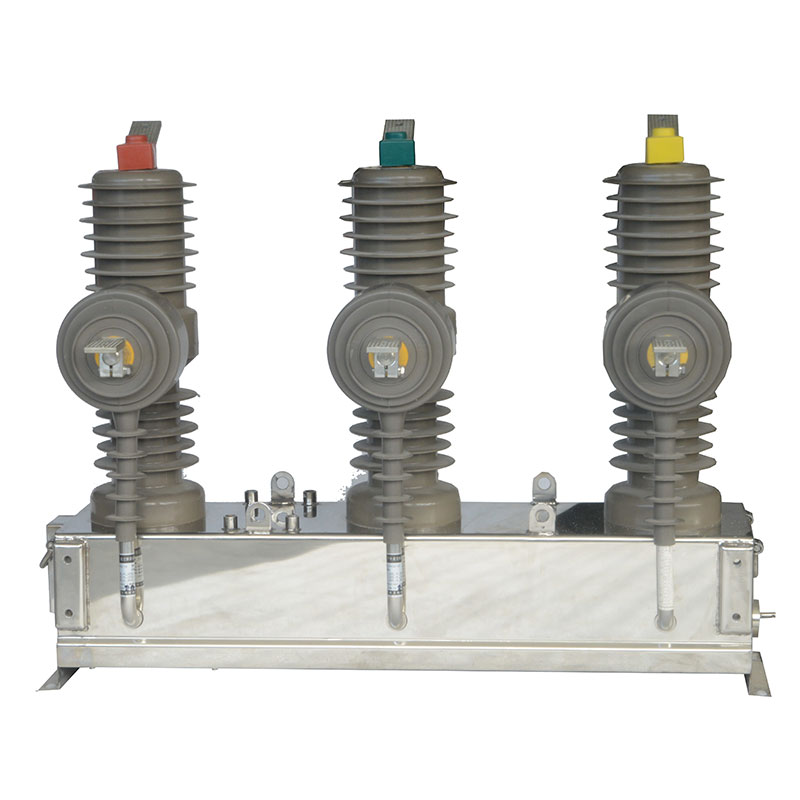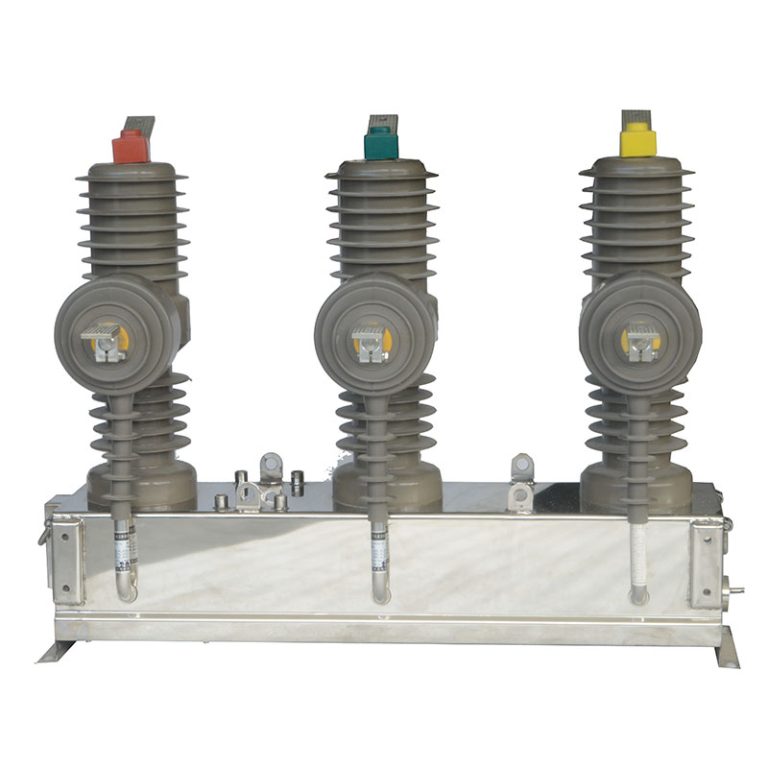
Introduction to Vacuum Circuit Breakers
In modern electrical systems, the Vacuum circuit breaker has become an essential component for industrial applications. It is known for its reliability, safety, and durability in managing high-voltage operations. Unlike traditional circuit breakers, a vacuum circuit breaker uses a vacuum as the arc extinguishing medium, making it highly efficient and low-maintenance. Industries around the world prefer this technology to ensure uninterrupted power distribution and protection against electrical faults.
How Vacuum Circuit Breakers Work
A vacuum circuit breaker operates by separating its contacts inside a vacuum chamber when a fault occurs. The vacuum environment prevents the formation of an arc, allowing the current flow to stop immediately. This mechanism not only ensures safe interruption but also minimizes energy loss. The internal design of a vacuum circuit breaker makes it suitable for frequent switching and heavy-duty applications, providing long-term operational reliability in industrial settings.
Advantages of Using Vacuum Circuit Breakers
The vacuum circuit breaker offers several advantages over conventional air or oil circuit breakers. First, it provides superior insulation because the vacuum has excellent dielectric properties. Second, the vacuum circuit breaker requires minimal maintenance, as there are no gases or oils that need replacement. Third, it ensures a quick arc extinction process, enhancing safety and efficiency. Additionally, the vacuum circuit breaker has a compact design, which makes it ideal for installations where space is limited. Its long lifespan and high performance make it a cost-effective choice for industries.
Applications of Vacuum Circuit Breakers in Industrial Facilities
Industrial facilities depend on vacuum circuit breakers for various operations, including power distribution, motor protection, and substation control. A vacuum circuit breaker is used in manufacturing plants, chemical industries, mining operations, and large infrastructure projects where electrical loads are high. In such environments, the vacuum circuit breaker ensures smooth functioning by protecting equipment from overloads and short circuits. Its ability to operate efficiently under harsh conditions makes it an indispensable part of modern industry.
Safety and Reliability of Vacuum Circuit Breakers
Safety is a critical concern in industrial power systems, and the vacuum circuit breaker addresses this issue effectively. The vacuum chamber isolates the arc completely, preventing the release of harmful gases or flames. The sealed design of the vacuum circuit breaker ensures that external factors like humidity, dust, or temperature variations do not affect performance. This reliability is one of the primary reasons industrial facilities rely heavily on vacuum circuit breakers for uninterrupted operation.
Environmental Benefits of Vacuum Circuit Breakers
Another major advantage of using a vacuum circuit breaker is its environmentally friendly nature. Unlike gas-insulated circuit breakers that use SF6 gas—a potent greenhouse gas—the vacuum circuit breaker does not emit any pollutants. It contributes to a cleaner and safer working environment. Industries that aim for sustainable operations find the vacuum circuit breaker an ideal solution for reducing their environmental footprint while maintaining electrical safety standards.
Maintenance and Operational Efficiency
A vacuum circuit breaker requires little to no maintenance throughout its lifespan. The contacts inside the vacuum chamber experience minimal wear and tear because there is no oxidation or corrosion. This feature significantly reduces downtime and operational costs. In addition, the vacuum circuit breaker offers consistent performance even after thousands of operations, ensuring high reliability. This low-maintenance nature makes it especially beneficial for large industrial setups where system reliability is crucial.
Comparing Vacuum Circuit Breakers with Other Types
When compared to air or oil circuit breakers, the vacuum circuit breaker stands out in terms of efficiency, safety, and cost-effectiveness. Air circuit breakers use air for arc extinguishing, which can lead to energy losses and slower response times. Oil circuit breakers, on the other hand, require regular maintenance and pose fire hazards. In contrast, the vacuum circuit breaker eliminates these risks entirely. Its simple design, low maintenance needs, and superior performance make it the top choice for industrial applications.
Role of Vacuum Circuit Breakers in Power Distribution
In power distribution networks, the vacuum circuit breaker plays a critical role in maintaining system stability. It ensures that electrical faults are isolated quickly, preventing damage to transformers, cables, and other components. Industrial facilities rely on the vacuum circuit breaker to protect sensitive equipment and maintain operational continuity. Whether in high-voltage substations or low-voltage control panels, the vacuum circuit breaker provides reliable protection and enhances system efficiency.
Future of Vacuum Circuit Breakers in Industry
As industries continue to evolve with advanced automation and energy-efficient systems, the demand for vacuum circuit breakers is expected to grow. Their ability to handle higher voltages with precision and minimal maintenance makes them future-ready. The integration of smart monitoring technology with vacuum circuit breakers will further improve diagnostic capabilities, reducing downtime and enhancing safety. With ongoing innovations, the vacuum circuit breaker will remain a cornerstone of industrial electrical infrastructure for decades to come.
Conclusion
The vacuum circuit breaker is a vital component in industrial power systems, offering unmatched safety, reliability, and efficiency. Its eco-friendly design, low maintenance requirements, and superior performance have made it the preferred choice for modern industries. From manufacturing plants to power substations, the vacuum circuit breaker ensures seamless electrical protection and contributes to operational excellence. As technology advances, the vacuum circuit breaker will continue to play a pivotal role in shaping the future of industrial electrical systems.



